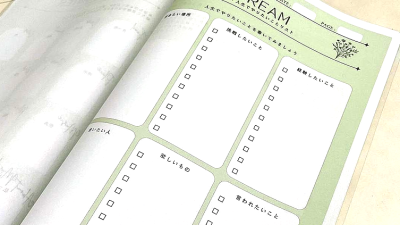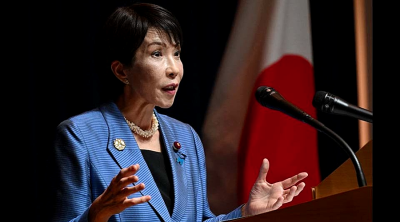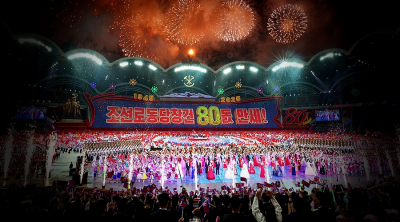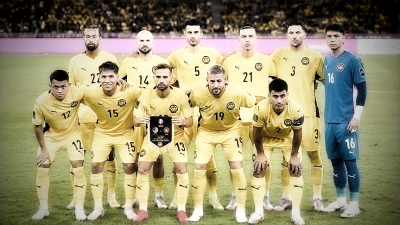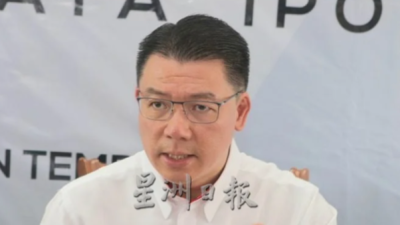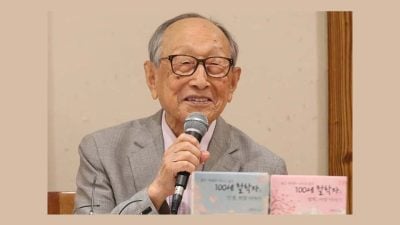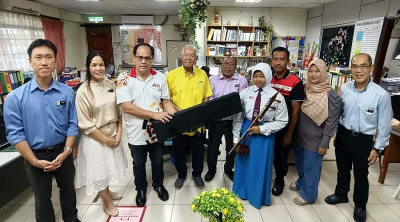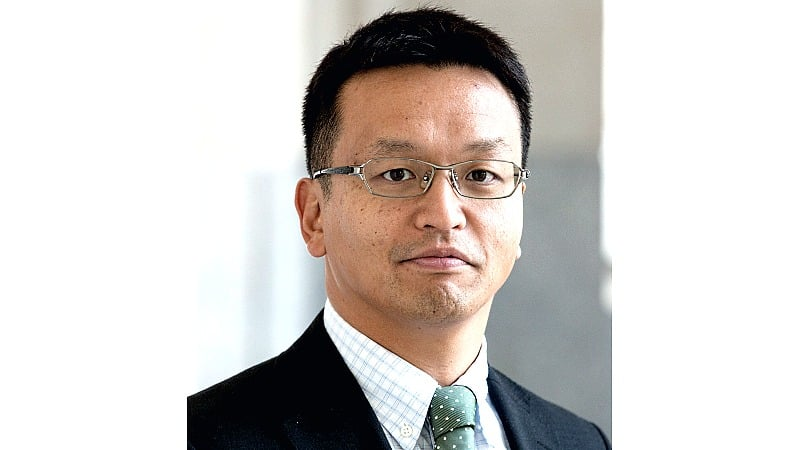
On July 19, Nguyen Phu Trong, General Secretary of the Communist Party of Vietnam, passed away.
After serving as editor-in-chief of the Party’s theoretical journal Tạp chí Cộng Sản (Communist Review), Party Secretary for Hanoi, and Chairman of the National Assembly of Vietnam, he became the country’s top leader as General Secretary of the Communist Party in January 2011.
All of the author’s Vietnamese friends living in Hanoi said they were saddened by the death of “Bác Trọng” (Uncle Trong).
Considering that even people in northern Vietnam feel comfortable making negative comments about senior officials other than Nguyen, it is safe to say that their feelings of reverence are genuine.
During the mourning period, not only were entertainment activities curtailed throughout Vietnam, but famous singers one after another posted condolences on their social media. Although few people are crying out loud, the grief is shared.
The founding father of modern Vietnam, President Ho Chi Minh, and the commander-in-chief of the People’s Army, Vo Nguyen Giap, are affectionately known to the people as “Bác Hồ” (Uncle Ho) and “Bác Giáp” (Uncle Giap), respectively. In the same way, the Vietnamese executive has succeeded in establishing “Bác Trọng” (Uncle Trong) as a figure on a par with them.
The factor that has boosted Nguyen’s reputation is his leadership in rooting out corruption.
When necessary, he has ruthlessly removed even the highest echelons of power, known as the “Four Pillars”.
On the other hand, he has cultivated an image of himself as simple and humble, reminiscent of Ho Chi Minh. It can be said that his 13 years in power since 2011 have made this image widespread.
When Ho Chi Minh died in September 1969, the Workers’ Party of Korea newspaper, Rodong Sinmun, devoted an entire front page to the event, including an editorial in memory of Ho and a large portrait of him with his biography.
The Political Bureau of the Central Committee of the Workers’ Party of Korea and the Cabinet were so sympathetic to Vietnam that they declared a “national day of mourning” for Ho, decided to raise mourning flags in all institutions, schools and rural areas in North Korea, and decided to ban singing and dancing.
On the other hand, Kim Jong Un, President of the State Affairs Commission, has often spoken of a “new Cold War” over the past three years, but relations with Vietnam, at least, are far from Cold War levels.
When Kim Jong Un visited Hanoi in 2019 for the second North Korea-US summit, he met with Nguyen in person, but the North Korean side’s coverage of the incident was rather dispassionate.
Kim Jong Un may have been too shocked by the failed negotiations with then-President Trump to have a good impression of Vietnam.
An article in the Vietnamese Communist Party newspaper, Nhan Dan (People), carried the news of Nguyen’s death and a eulogy by Vietnamese President To Lam, along with condolence telegrams from various world leaders.
The article listed them in the order of Laos, China, Cambodia, Cuba, and Russia. The condolence message from Kim Jong Un, the leader of the only remaining socialist country, was not placed next to these friendly countries and was introduced the next day with those from the leaders of Japan, the United States, South Korea and other countries.
Nguyen has advocated and practised “bamboo diplomacy”. It is an all-round diplomacy that shows flexibility while protecting the country’s interests, likening it to bamboo, which has “firm roots, a tough body, and flexible branches”.
Japan has also sought to strengthen its ties with Vietnam, a one-party dictatorship, including in the field of security, and in November last year upgraded the relationship between the two countries to a “comprehensive strategic partnership”.
Vietnam has shown its shrewdness by forging similar high-level partnerships with China, Russia, and India, as well as with the United States and South Korea, with which it once fought wars.
This balanced diplomacy is only possible because Vietnam unified with South Vietnam half a century ago and consolidated the legitimacy of its socialist regime.
This is in stark contrast to North Korea, which is deepening its conflict with Japan, the United States, and South Korea while advocating a “new Cold War” in its honeymoon relationship with Russia.
Nguyen’s state funeral was attended by a number of distinguished foreign dignitaries, including former Prime Minister Suga Yoshihide of Japan; Wang Huning, chairman of the Chinese People’s Political Consultative Conference, the fourth-ranking Chinese dignitary; Prime Minister Han Duck-soo of South Korea; Senate President Hun Sen of neighboring Cambodia; and President Thongloun Sisoulith of Laos. Among them, only Ri Ho Jun, Charge D’Affaires of the Korean Embassy in Vietnam, was the main participant from North Korea.
Jo Yong-won, secretary of the Secretariat of the Workers’ Party of Korea, presented a wreath in the name of Kim Jong Un to the Vietnamese embassy in Pyongyang, accompanied by Foreign Minister Choe Son Hui and Director of the International Department Kim Song Nam.
In Beijing, President Xi Jinping himself visited the Vietnamese embassy to pay his respects, and Laos and Cuba observed national mourning periods for Nguyen.
The Kim Jong Un government claims to be strengthening solidarity with socialist countries, but the difference in attitude between Vietnam and other socialist countries was clear.
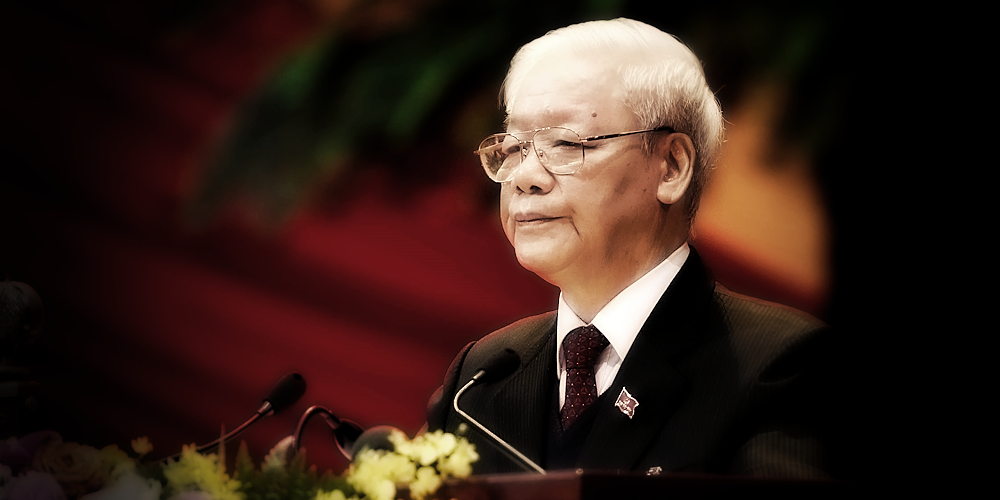
(Atsuhito Isozaki is Professor at Keio University, Japan.)
ADVERTISEMENT
ADVERTISEMENT









